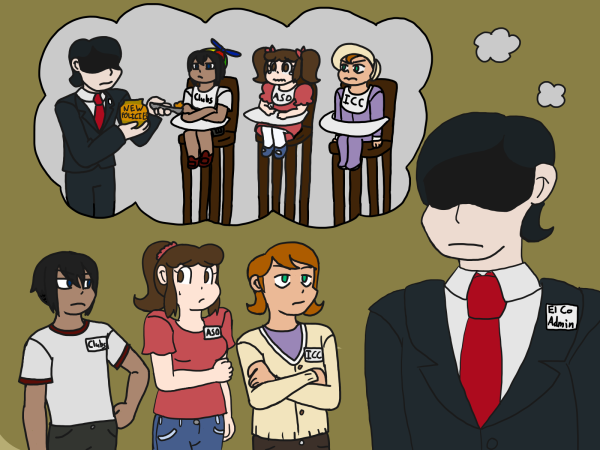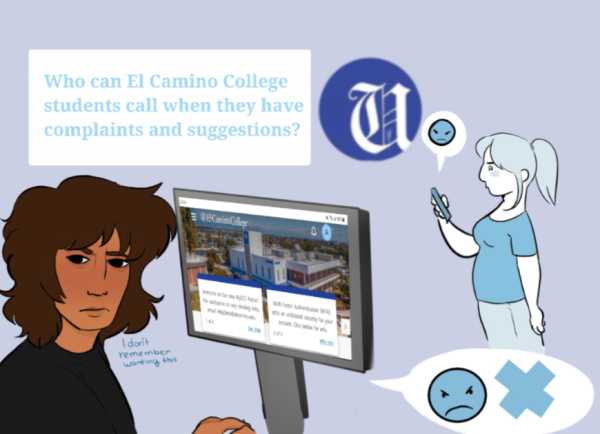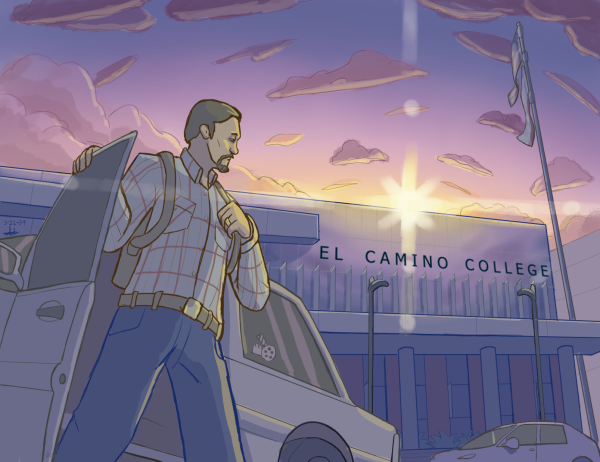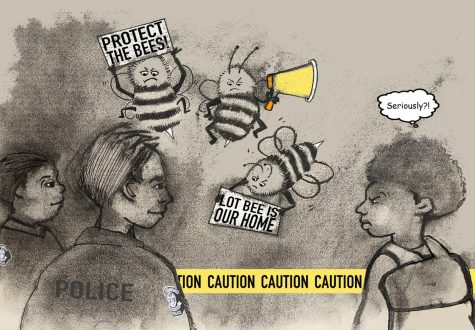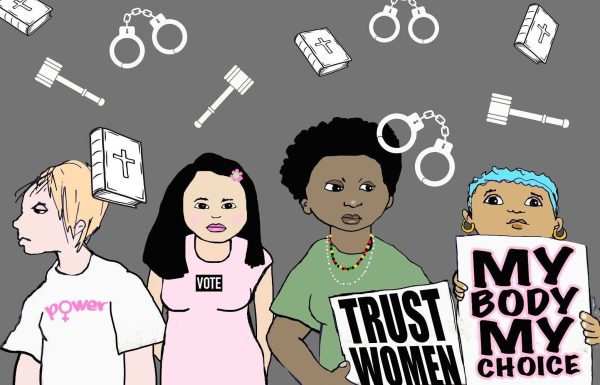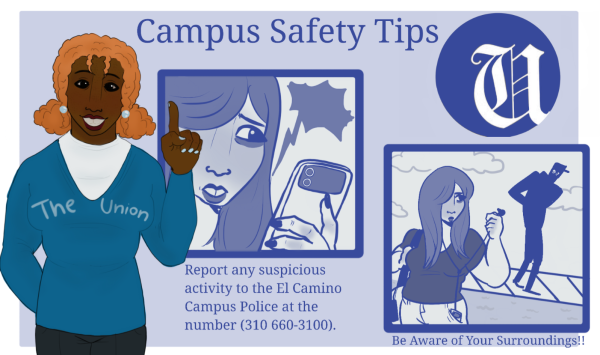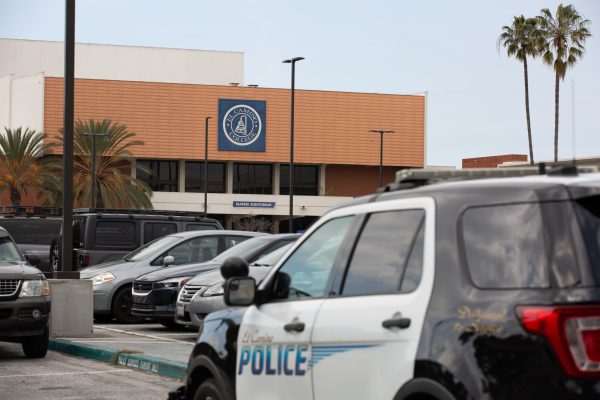Is profanity free speech? NO
It was just one word printed on a simple, cotton T-shirt.
Just four small letters, but the word blazed out its offensive message with all the power of a neon billboard.
The shirt was designed to attract attention, which is exactly what it did when a student decided it would be a fine idea to wear it onto campus.
This is where abuse of the First Amendment has led us. The right to free speech is being misconstrued to the point where anything said or written is permissible. The point has come where not all words can be protected under “free speech;” these words are no longer expressing an honest opinion, but are used to incite a reaction.
It can be argued that obscene language is, in fact, a form of honest opinion. It may seem like a valid way of describing someone or something that is unlikable. It is, after all, a guarantee for all citizens to be able to express any opinion freely.
However, it is illegal to induce a mob to riot or to purposely cause public panic without due reason. Here, free speech is given limitations to protect the general public from harm.
Perhaps the student who wore the offensive shirt did it in bad humor and not necessarily mean to entice his peers into any kind of reaction. Then again, it may have been a personal slogan, a message meant to be offensive. Whatever his reasons were, they are now irrelevant and are not the matter of discussion. The controversy surrounds whether or not such displays should be allowed on college campuses.
On one side stands this decade’s warped version of the First Amendment. Many argue that all forms of speech must be protected, because when one form of expression is censored, it will lead to more censorship and restrictions placed on other forms, and then eventually begin an elimination of free speech altogether.
This argument is a slippery slope that is attempting to persuade the opponent that a series of unlikely events stemming from the censoring of offensive language in institutions of learning will lead to a total annihilation of all forms of free expression.
Individuals could express their opinions, but knowingly do so in a manner that is both free and not needlessly offensive.
Some limitations placed on what defines free speech are necessary and in no way pose any threat to becoming a total annihilation of the basic guaranteed right. Some words are universally offensive, no matter who said them or in what context.
The issue comes down to whether these words are merely offensive or if they have reached a point where they can be considered harmful.
The other side may recite the old rhyme “sticks and stones may break my bones, but words can never hurt me.” Words are not actually tangible weapons capable of drawing blood.
However, one person’s idea of free speech may be so offensive to another person that it actually does become harmful. The ability to be comfortable is lessened, the person becomes agitated, learning is impeded and, thus, harm is done to the individual. This conflicts with the natural right a student has to learn in a comfortable and in a safe learning environment.
In choosing to attend any institution of learning, an individual is also thereby choosing to adhere to certain rules and regulations of that institution.
There never has, and never will be, a pure and complete form of free speech on a college campus.
Imagine a student deciding to “express” himself by showing up late to class every day, or exercising his constitutional right by gabbing on a cell phone during the professor’s lecture.
In a manipulated version of the First Amendment, both of these scenarios are arguably protected under “free speech.” Yet, neither of these scenarios will actually occur on a college campus without repercussion to the student because the rights of the majority are being infringed upon.
When free speech is no longer an honest opinion, but becomes offensive, disruptive and harmful to others, it becomes necessary to set limitations in order bring free speech back to the level where not just any word or form of expression is qualified to be protected. It’s for our own good.


